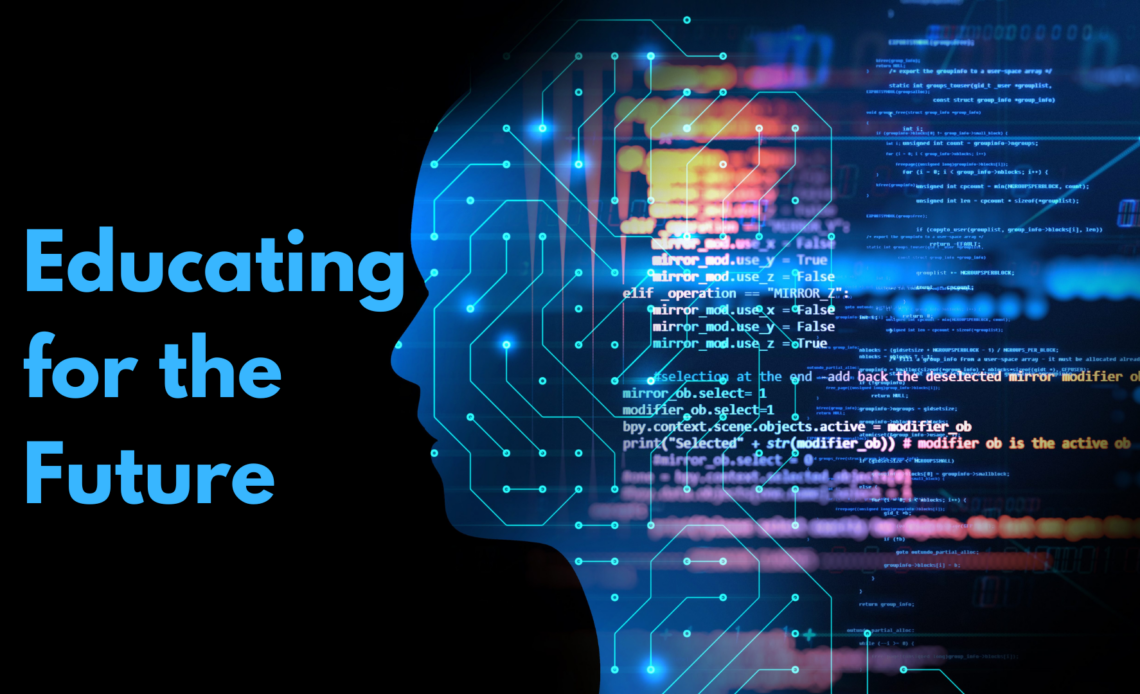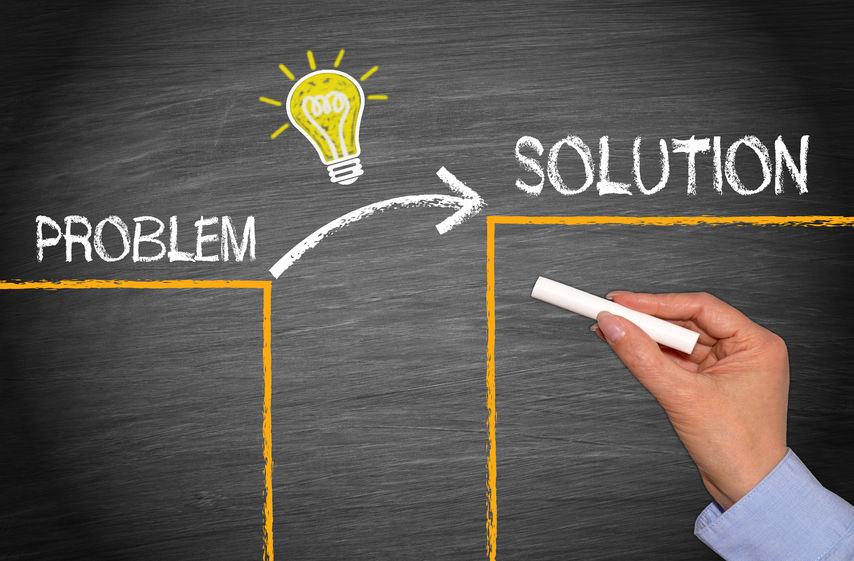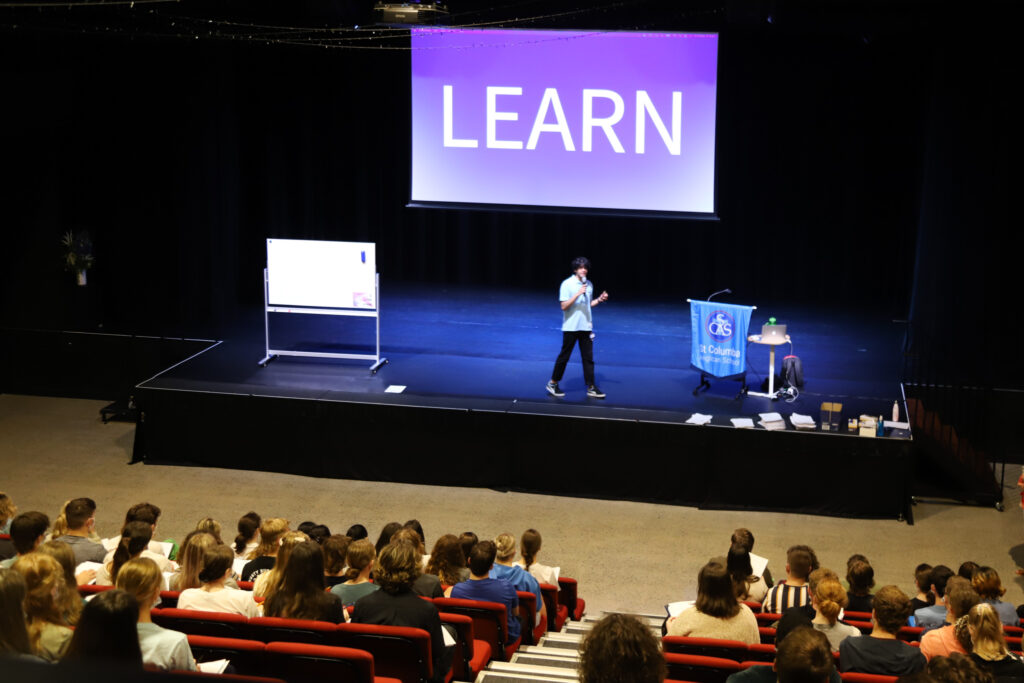
“We are facing unprecedented challenges – social, economic and environmental – driven by accelerating globalisation and a faster rate of technological developments. At the same time, those forces are providing us with myriad new opportunities for human advancement. The future is uncertain and we cannot predict it; but we need to be open and ready for it.” OECD – The future of education and skills.

Let’s face it, the world will not slow down so that education and schools can catch up.
Even without a crystal ball, we can see that schooling and our approach to education must change and that education needs to respond to current and future problems, rather than hoping that what we have done in the past will suffice for the future.
The OECD has identified the main challenges facing education across the globe. The most pressing of these challenges are:
Students often lack sufficient time to master key disciplinary concepts or, in the interests of a balanced life, to nurture friendships, to sleep and to exercise.
Curricula reforms suffer from time lags between recognition, decision making, implementation and impact. The gap between the intent of the curriculum and learning outcome is generally too wide.
Content must be of high quality if students are to engage in learning and acquire deeper understanding.
Careful planning and alignment is critically important for effective implementation of reforms.

Faced with these challenges, we can throw our hands up in the air and say it is all too hard, our systems won’t/can’t cope with all the changes and if we stick to the old ways of doing things, maybe the “good old days” will return.
OR
We can accept that we need to deal with the hand that is being dealt to us and control those things that we can. Here are our approaches to the problems the OECD has identified.
Time and life balance: → We take our students’ wellbeing very seriously. We provide a wide range of activities (social, co-curricular, interest and sport) that provide our students with relief and release. Unlike some schools we do not have the “marks factory” approach, particularly in the high stress senior years.
Curriculum lag: → The school curriculum has become quite the political football over the years. Changes come and go, along with Education ministers. Teachers are constantly being told to take on new approaches and focus on new areas of learning. We can’t avoid this. What we can do is ensure that our students have a good grounding in the foundational areas of literacy and numeracy and that we uncover the curriculum, rather than rush through a series of dot-points and pretend that this is good teaching.
Quality and deeper understanding: → Everything we do is designed to give students a high quality educational experience. This is underpinned by our focus on Deep Learning, where students are taught skills and attitudes, rather than just force-fed facts to be regurgitated in an assessment or exam. Our teaching and learning is about the current and future needs of our students, not just a single examination focus. We believe our students should be able to link their learning experiences to the real world and have a sense of purpose in their learning. This requires interdisciplinary and collaborative learning as well as mastery of discipline-based knowledge.
Planning and effective implementation: → We do not simply teach by the numbers. We spend hours planning lessons, tasks and educational experiences. We look at curriculum changes and find ways of integrating them into our teaching and learning model. We acknowledge that better assessment and reporting methods should be developed so that we are able to recognise all the achievements of our students, rather than relying on simple numerical examination or test results.

The old system of preparing students for a career in a single enterprise or company has passed us by and our schools need to recognise that we are preparing our young people for a different world to that of their grandparents and even their parents.

“Schools can prepare students for jobs that have not yet been created, for technologies that have not yet been invented, to solve problems that have not yet been anticipated. It will be a shared responsibility to seize opportunities and find solutions. To navigate through such uncertainty, students will need to develop curiosity, imagination, resilience and self- regulation; they will need to respect and appreciate the ideas, perspectives and values of others; and they will need to cope with failure and rejection, and to move forward in the face of adversity. Their motivation will be more than getting a good job and a high income; they will also need to care about the well-being of their friends and families, their communities and the planet.” OECD, 2030 Education Report.
That sounds a lot like the kind of education we are offering our students.

Want to share your thoughts on this story, or do you have something you’d like to add? Email me at principal@scas.nsw.edu.au

